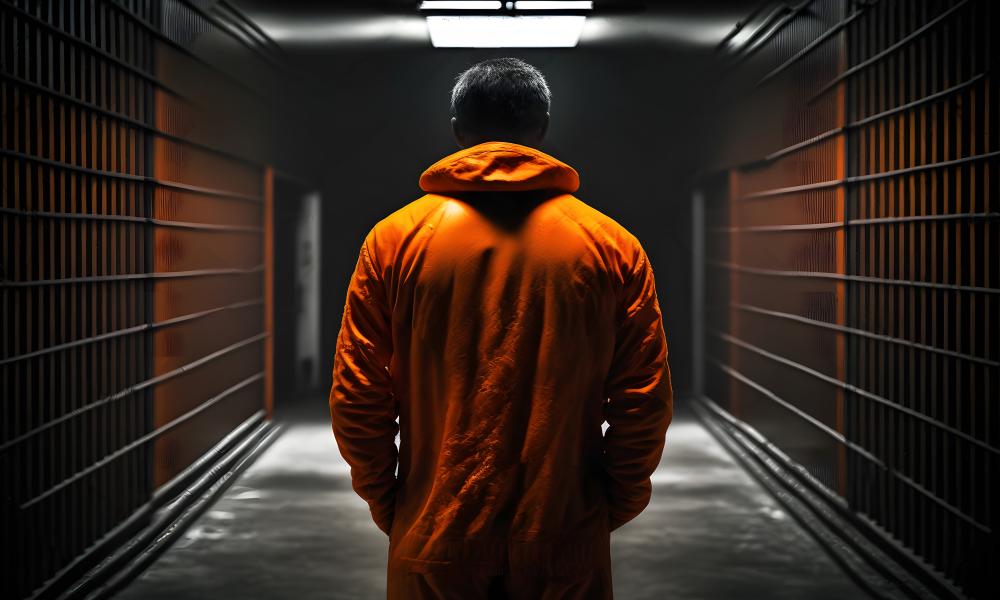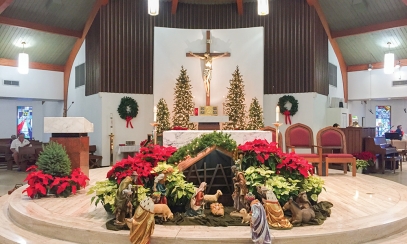
Catholic teaching on the death penalty
June 13, 2023
Question: When I was in college many years ago, I learned that the death penalty was morally acceptable and that the State was justified in executing criminals because it was acting in self-defense, protecting society and the common good. So, I was surprised when Pope Francis changed the traditional Catholic teaching to make the death penalty unacceptable in all cases. Why did the Pope make this change?
June 13, 2023
Question: When I was in college many years ago, I learned that the death penalty was morally acceptable and that the State was justified in executing criminals because it was acting in self-defense, protecting society and the common good. So, I was surprised when Pope Francis changed the traditional Catholic teaching to make the death penalty unacceptable in all cases. Why did the Pope make this change?
Answer: Pope Francis did not change Catholic teaching on the death penalty in his 2018 rescript; he applied traditional teaching to present circumstances. The Pope’s clarification of Church teaching reflects today’s reality, particularly in advanced societies. The clarification acknowledges that there are effective means to restore justice and reform offenders that do not need to resort to the extreme measure of executing criminals.
When one compares the previous version of the Catechism's paragraph 2267 with the Pope's revision, it becomes apparent that the modification is consistent with the former articulation and not an extraordinary development of the Church’s teaching. In truth, there is only a slight difference between Pope Francis’ language, "the death penalty is inadmissible," and the former version which states that cases where the death penalty is justified, are “very rare, if not practically nonexistent.” The modification flows organically from the Church's teaching on capital punishment as it has developed throughout the twentieth century. It is particularly in keeping with the Church’s articulation of the issue by St. John Paul II and Benedict XVI.
Pope Francis’ development of the Catholic position on the death penalty is organic and consistent because it tracks with the moral principles that have always shaped Catholic doctrine regarding the fifth commandment, “Thou shall not kill.” Catholic doctrine has always asserted that one must satisfy the strictest moral scrutiny to justify killing another human being. The Church has consistently taught that the death penalty is a means of last resort. It is only permissible if it is a proportionate response to a genuine threat and the intention is to serve the greater good of self-defense. The teaching has not changed; rather, the circumstances in which the Church is applying the teaching has.
As societies have advanced, the execution of criminals has become harder to justify as a proportionate response intended asan act of self-defense by the State. Non-lethal alternatives to capital punishment are available and can sufficiently protect society. When one weighs these alternatives against the abuses that historically result from capital punishment, it is hard to argue that capital punishment is a necessary evil or a proportionate response.
The Pope, acting in the name of the Church, addresses the current reality of the death penalty and its practice by States worldwide. These states include countries and cultures that justify capital punishment for non-capital crimes to eliminate political opponents or remove those they perceive as undesirable society members. In the case of the United States, one must understand Pope Francis' articulation of Church teaching in the context of a history where capital punishment has been imposed disproportionately on minorities. Further, with advances in collecting DNA and other new tools available to law enforcement, many prior convictions for capital crimes have later proved to be in error. In other words, the State punished someone even though they were innocent of the crime for which they were convicted. With the death penalty, there is no way to correct our judicial system's errors or restore the life of one unjustly convicted.
Debates about capital punishment in the United States usually revolve around practical arguments for and against it. While these arguments are relevant, I believe the debate boils down to one fundamental question, “Is capital punishment worthy of the decent people and democratic values of the United States? In answering that question, one must consider the nations where capital punishment is still legal and practiced (i.e., China, Saudi Arabia, Iran, Pakistan, Afghanistan, Iraq, Egypt, North Korea,and others). I cannot believe the United States belongs on that list; we are better than that. I pray Catholics will fully embrace the culture of life and consent to the Catechism’s articulation of Church teaching regarding the death penalty as it has developed in accord with Pope Francis’ 2018 rescript.
Father Joseph Waters is Judicial Vicar and Censor Librorum of the Diocese of St. Petersburg.
If you have a question you would like us to consider for this series, email communicate@dosp.org.



